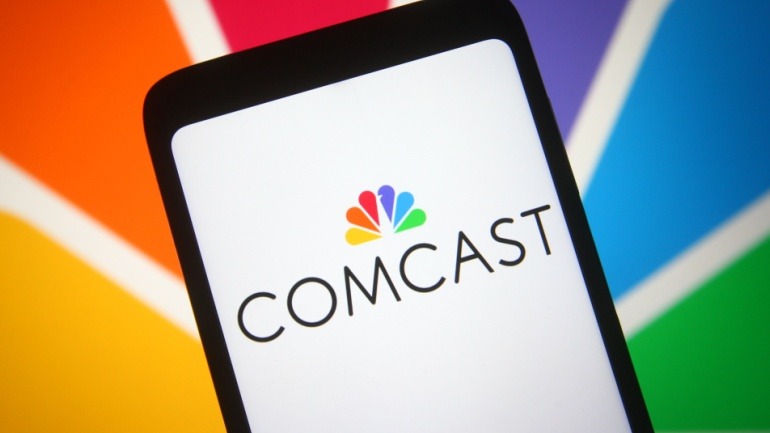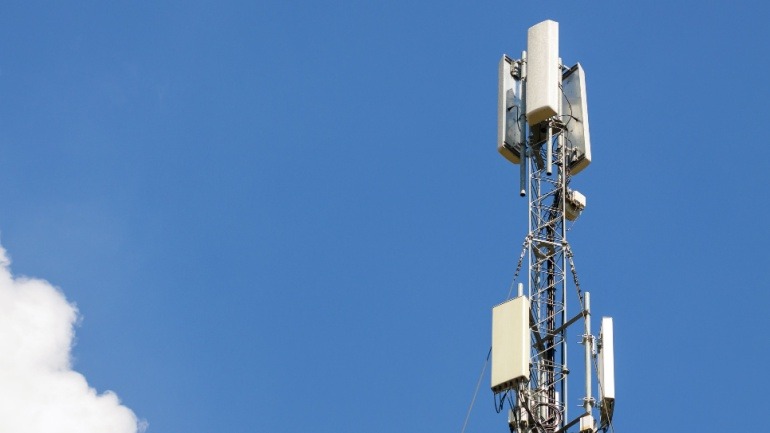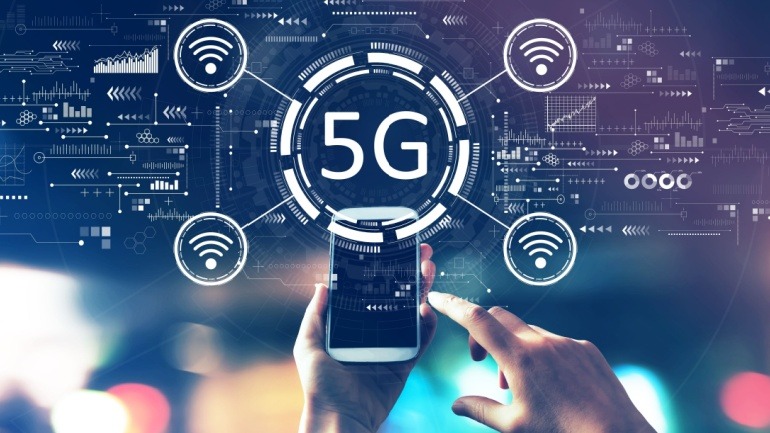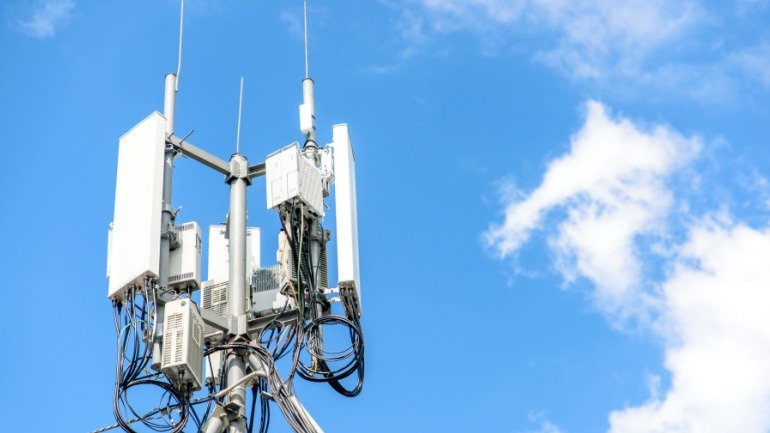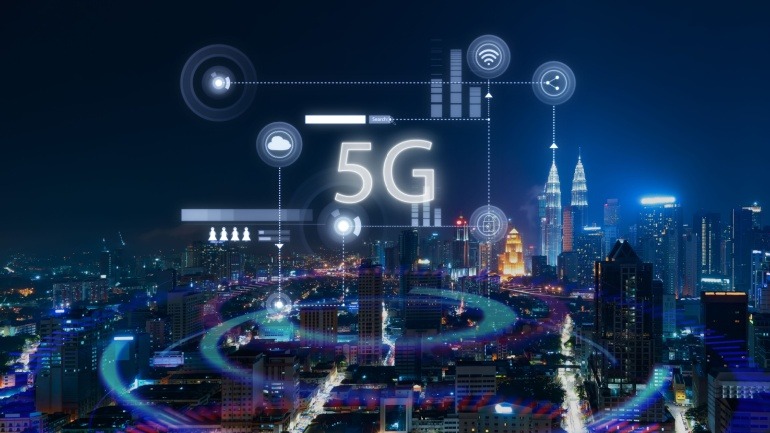Nokia and Saudi Arabia’s telecom sector have tested indoor 5G Standalone network sharing with success. By using Nokia’s Shikra radios and core network software, operators like Zain and Mobily can provide high-speed 5G indoors efficiently, cutting costs and energy use.
Comcast has seen a 76% increase in network traffic from 2019 to 2024 while reducing power consumption by 11%. Through cloud technologies, AI integration, and energy optimizations, it halved electricity consumption per byte.
Hong Kong is subsidizing 5G base stations in rural and remote areas to boost mobile coverage and promote smart tourism. The scheme, backed by up to HK$200 million, targets isolated villages and country parks, aiming for 98 percent coverage on major hiking trails.
Virgin Media O2 has ramped up its mobile network in Scotland, boosting 4G and 5G services across 13,000 postcodes. As part of a £700 million upgrade plan, the provider targets better coverage in urban areas and tourist spots.
T-Mobile has completed a $2 billion network expansion in Florida, adding and upgrading thousands of sites to boost 5G coverage. The project improves speeds, supports emergency response, and introduces satellite service for remote areas. With major investments in Miami, Tampa, and Orlando, T-Mobile continues expanding its Ultra Capacity 5G network to reach more communities.
Vodafone Idea is advancing India’s telecom infrastructure by expanding its 5G network to 23 more cities, including Ahmedabad and Jaipur. This strategic rollout leverages AI-driven Self-Organising Networks for optimized performance. By partnering with Nokia, Ericsson, and Samsung, Vodafone Idea ensures robust 5G coverage.
Ericsson and e& UAE have embarked on a transformative three-year initiative to enhance the UAE’s 5G network. By deploying Ericsson’s cutting-edge radio technology, the collaboration aims to introduce 5G Advanced features and achieve a significant commercial rollout of Reduced Capability in the Middle East and Africa.
Verizon Business is revolutionizing the UK’s industrial sectors by turning them into digital highways through strategic partnerships like the one with Thames Freeport. This ambitious project leverages 5G technology to propel AI and IoT applications in manufacturing and logistics, aiming for 200% revenue growth by 2025.
At MWC Shanghai 2025, China Telecom and Huawei introduced Intelligent Ultra Pooling Uplink, a 5G Advanced innovation that boosts uplink speed, reduces delays, and improves coverage. Powered by AI, it enables seamless data transmission for smart devices, enhances energy efficiency, and supports real-time applications.
Ericsson’s latest Mobility Report highlights FWA as a key driver of 5G revenue, with speed-based plans on the rise. Adoption is growing globally, especially in North America and emerging markets. By 2030, FWA may account for over 35 percent of new broadband connections.




